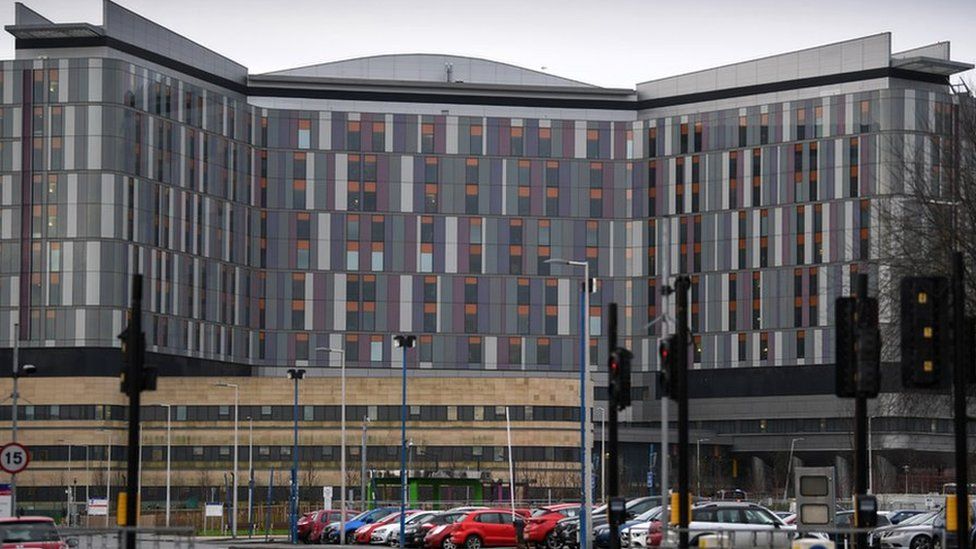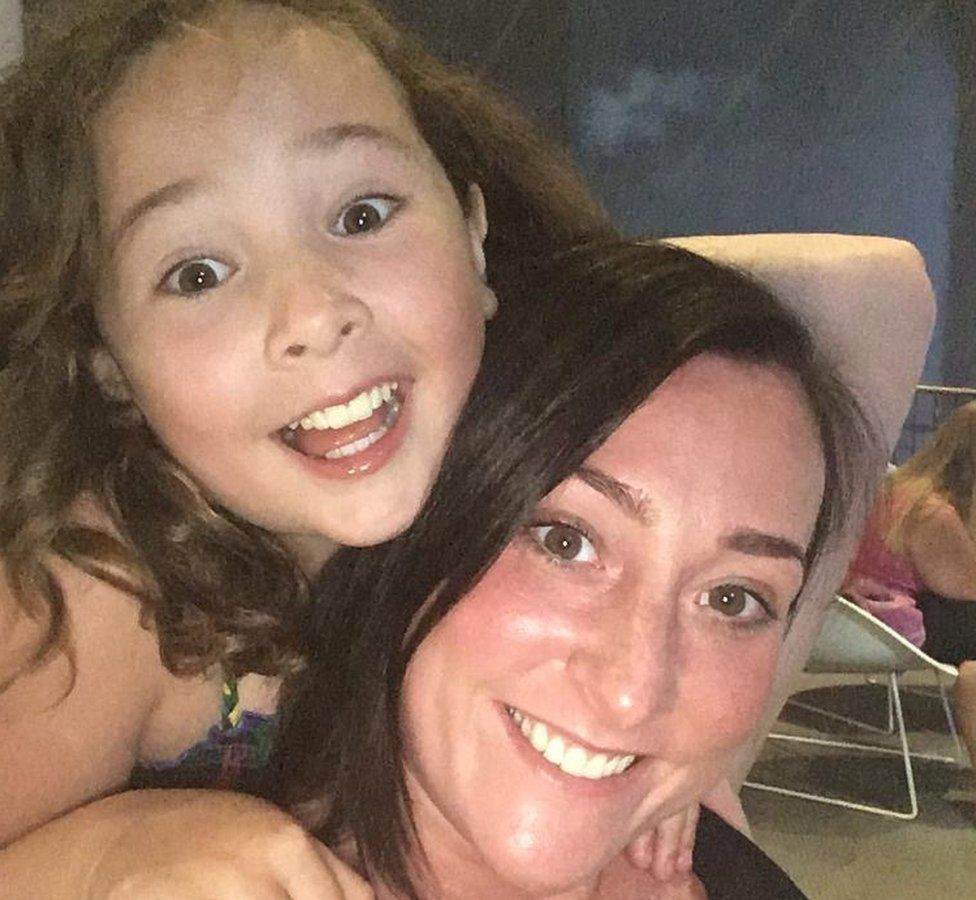An infection “probably” linked to a children’s hospital was the “primary cause of death” of a cancer patient.

image copyrightGetty Images
An infection “probably” linked to Glasgow’s children’s hospital was the “primary cause of death” of a young cancer patient, the BBC has learned.
Infections from contaminated water at the hospital were also found to have been an “important contributory factor” in another child’s death.
A review looked into the cases of 84 children who developed infections while undergoing treatment at the hospital.
It found that a third of infections “probably” originated in the hospital.
And it said the rest were “possibly” acquired there.
The authors of the “case note review”, which should be published next week, said they recognised that some families would be disappointed that they could not have “greater certainty” about the links between their child’s infection and the hospital environment.
They said this was down to the limits of a retrospective review but also criticised the shortcomings in the data provided by the health board.
The review was commissioned by the health secretary as part of wider investigations into problems with the drainage and ventilation system at the £850m Queen Elizabeth University Hospital Campus, which includes the Royal Hospital for Children.
An official probe found “widespread contamination” in the water supply, with at least 23 children contracting bloodstream infections in the cancer wards in 2018.
NHS Greater Glasgow and Clyde was placed in “special measures” in November 2019 and in January last year two experts were appointed to oversee a review of infections.
Among them was 10-year-old Milly Main who died in August 2017.

image copyrightKimberly Daroch
Milly, who had leukaemia, underwent a successful stem cell transplant in July 2017 and was making a good recovery when the following month her Hickman line, a catheter used to administer drugs, became infected. Milly went into toxic shock and died some days later.
Her death certificate lists a Stenotrophomonas infection of the Hickman line among the possible causes of death but her mother Kimberley Darroch says the family were kept in the dark about a potential link to contaminated water problems at the hospital.
The health board previously insisted it was impossible to determine the source of Milly’s infection because there was no requirement to test the water supply at the time.
The case note review looked at how many children were affected by a particular type of serious infection caused by Gram-negative environmental (GNE) bacteria between 2015 and 2019.
It then looked to see whether it was possible to link these to the hospital environment.
The review does not name the children it investigated.
But it does say that one child was in the very early phase of a stem cell transplant and that a bacterial infection was the “primary cause of death”.
The review says that although disease progress was a major factor it judged that GNE bacterium was a “significant factor” in the cause of death. It says the infection was “probably” related to the hospital environment.
A further child death was noted to have occurred within six weeks of an infection episode. The bacterium was said to be “implicated” in the death. It was recorded as possible contributory factor in the death certificate.
The review looked at 84 children and 118 episodes of infection.
The report was critical of NHS Greater Glasgow and Clyde for not having a system in place that would have helped establish whether there was a link between bacteria in a patient and the place where they were treated.

In statement, Milly Main’s mother, Kimberley Darroch said: “There is nothing that can bring Milly back and a tiny part of me still hoped that the link to the water supply wasn’t true.
“Finally we are starting to get answers after all these years.”
Prof John Cuddihy, whose daughter Molly survived a rare infection in 2018, told the BBC there had been significant failings on the part of management and leadership within NHS Greater Glasgow and Clyde.
He said they had failed to adequately protect vulnerable children who were exposed to additional risk while undergoing treatment for cancers.
Prof Cuddihy said the report had been made possible “due to the tenacity of families and those clinical staff who bravely exposed failings, at significant personal and professional cost”.
He said the report laid bare the impact of bacterial infection and the relationship with the environment at the hospital.
“This report identifies 84 cases and 118 episodes of bacterial infection- that’s 84 critically ill, vulnerable children that have been exposed to significant additional risk, which has affected them physically, psychologically and emotionally,” Prof Cuddihy said.
“Sadly, the report also highlights that two of those children who died did so, at least in part, as a result of their infection.”
